-
QUALIFICATIONS
- For Linguists Worldwide
- For UK Public Services
- Preparation
- Policies & Regulation
-
MEMBERSHIP
- Join CIOL
- Professional Membership
- Affiliate Membership
- Chartered Linguist
- Already a member?
- Professional conduct
- Business & Corporate Partners
-
LANGUAGE ASSESSMENTS
- English
- All Other Languages
-
CPD & EVENTS
- Webinars & Events
- CIOL Conferences
- Networks
- CIOL Mentoring
-
NEWS & VOICES
- News & Voices
- CIOL eNews
- CIOL Awards
- The Linguist Magazine
- Jobs & Ads
-
RESOURCES
- For Translators & Interpreters
- For Universities & Students
- Standards & Norms
- CIOL & AI
- All Party Parliamentary Group
- In the UK
- UK Public Services
- Find-a-Linguist
NEWS & VOICES

By Andreja Milošević MCIL
This text was prepared by Prof. Jelena Stojic as an extension of the interview given by Prof. Stojic to the author for Part 2 in the "Gender Sensitivity in the Serbian Language" series.
Grammatical gender vs gender as a social construct
In the Serbian language all nouns, whether they are animate or inanimate, have a so-called...
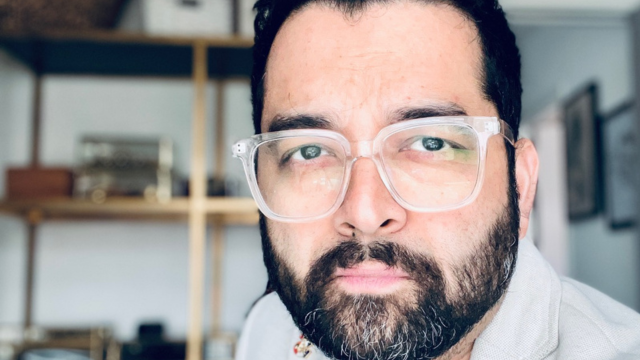
In the first of a three-blog series, Shehzaad Shams introduces the concept of ‘leadership through languages’ – as the superpower of ‘Eclectic Leaders’ – a new insight into the leadership domain.
Leadership through languages
For me, ‘Leadership Through Languages’ sits at the intersection of the four core domains of applied linguistics, applied psychology...
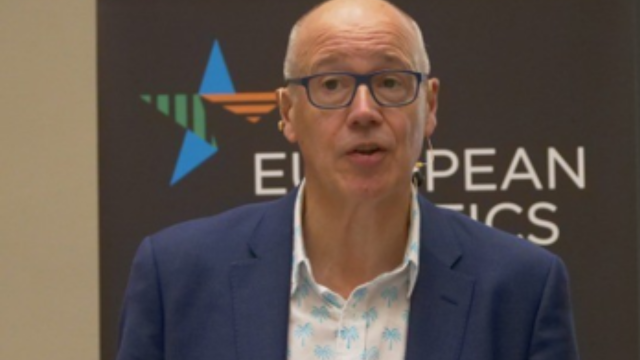
By Steve Doswell
Last month, I had the privilege of taking part in a thought-provoking DWP Employers Webinar on building multilingual, inclusive workplaces, organised by Joanna Statham, a partnership manager working in Birmingham and Solihull District who leads on newly arrived communities and digital inclusion. The session brought together professionals...
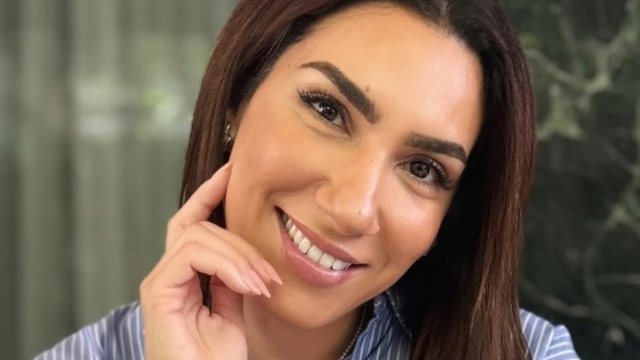
AI and Translation: Reflections from AI Voices II, CIOL Translators Day, and the Future of Real-Time Interpretation
by Vasiliki Prestidge
AI continues to reshape expectations and norms in the translation and interpreting industry at a staggering pace, and resources such as the CIOL AI Voices II publication have captured some of this momentum and the...
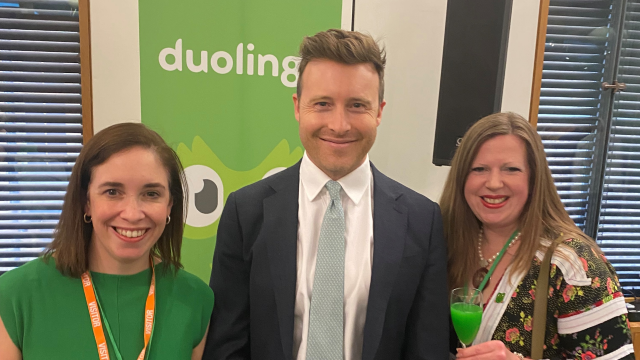
John Worne, CIOL CEO, writes: we often hear ‘bad news’ stories about languages in the UK - fewer young people studying languages at GCSE and ‘A’ Level, languages ‘dying out’ in UK Primary schools and Language Departments closing in Universities etc. But...
It's not all bad news
Look beneath the surface and there is a huge reservoir of linguistic...

When one chooses which language to learn, they will often choose it based on how many native speakers there are of that language across the globe. However, what one often fails to consider is how many people can speak the language as their second, third or even fourth.
By Emily Boaler
Languages as a network for communication
English is my native...
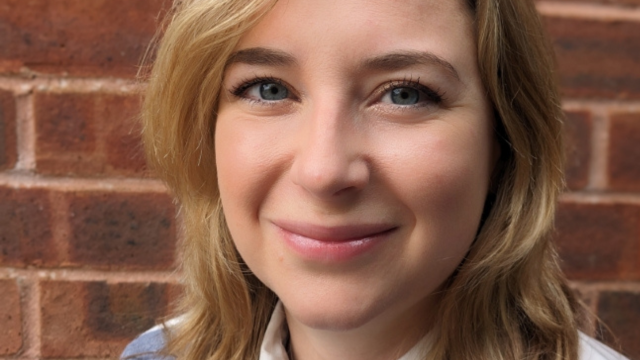
By Gillian Morris
I never know what to tell people when they ask me what I do for a job. A few years ago, I would have proudly and unhesitatingly announced that I was a translator, but more recently, the lines have become blurred. Am I really a translator now? My working hours are increasingly dominated by other language-related pursuits.
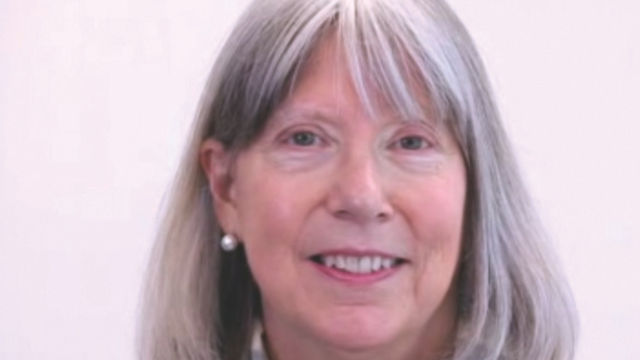
A shortened version of the keynote speech delivered by CIOL Honorary President Baroness Jean Coussins at Glasgow University, 9 May 2025
There has never been a better time to be a linguist, or to have a language as another string to your bow
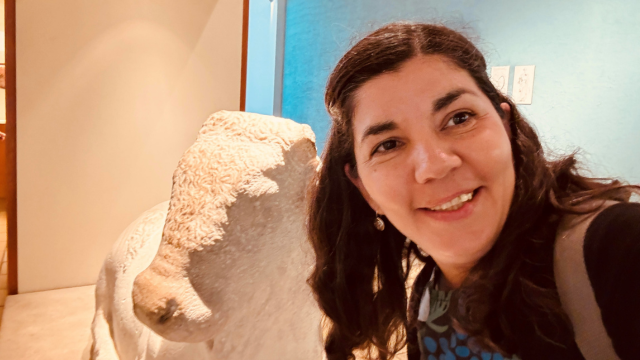
By Ana Ilievska Završnik MCIL CL
To be Macedonian is like being part of an epic tale, one filled with poets, revolutionaries, and dreamers who refused to let history forget them. It’s about carrying a legacy of resilience, wrapped in the warmth of traditions that make every home-cooked meal a feast and every gathering a celebration. Macedonian language? It’s a...

Chartered Linguist and Linguist Editorial Board member, Bokani Hart, wrote recently on medium.com on the ethics of translation, neutrality and engendering positive social change. Medium also hosts Global Literary Theory which Bokani recommends for more resources. An extract from her article is below, to read the full article click here.
In ‘Ethics’,...
The Chartered Institute of Linguists (CIOL), Incorporated by Royal Charter, Registered in England and Wales Number RC 000808 and the IoL Educational Trust (IoLET), trading as CIOL Qualifications, Company limited by Guarantee, Registered in England and Wales Number 04297497 and Registered Charity Number 1090263. CIOL is a not-for-profit organisation.
